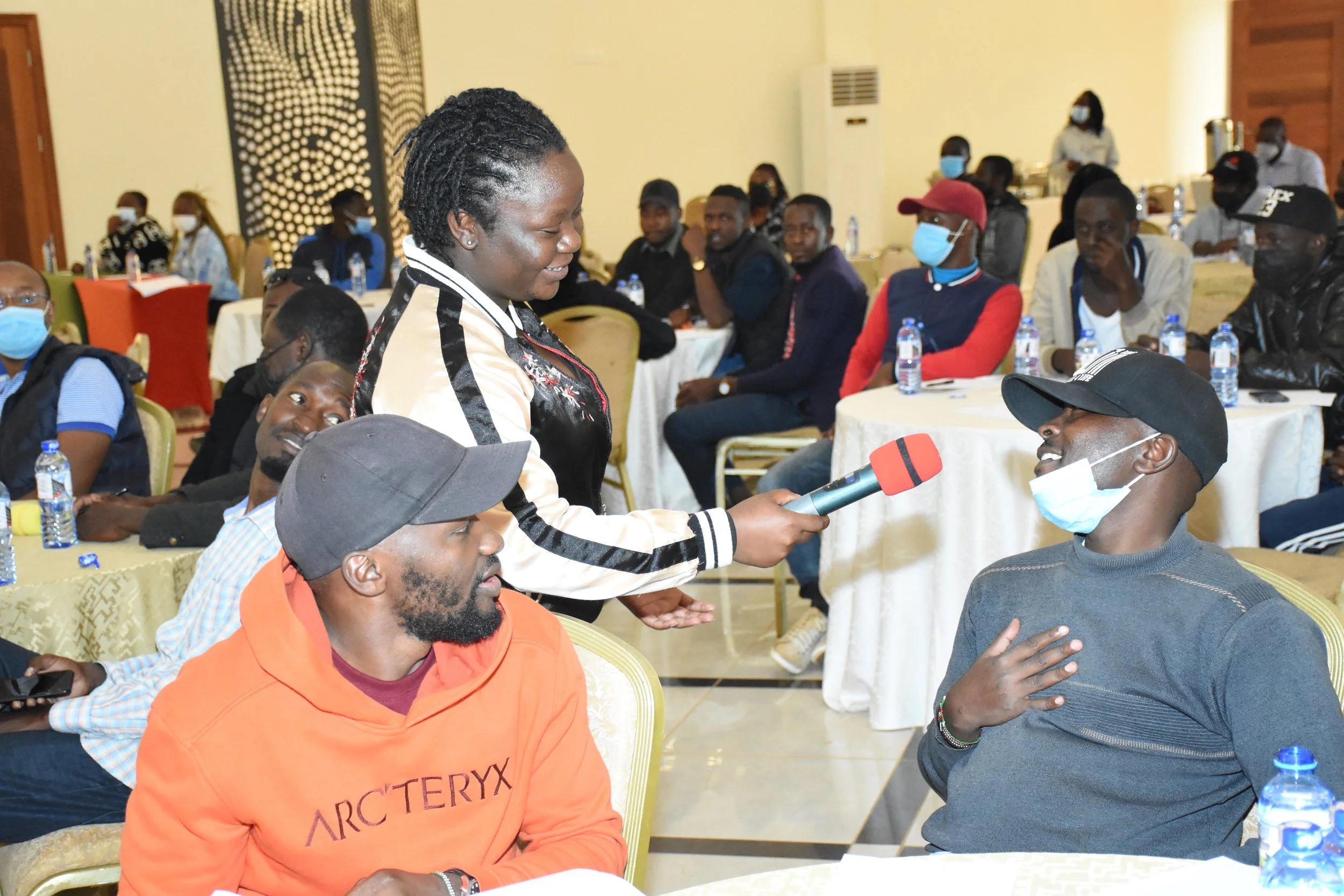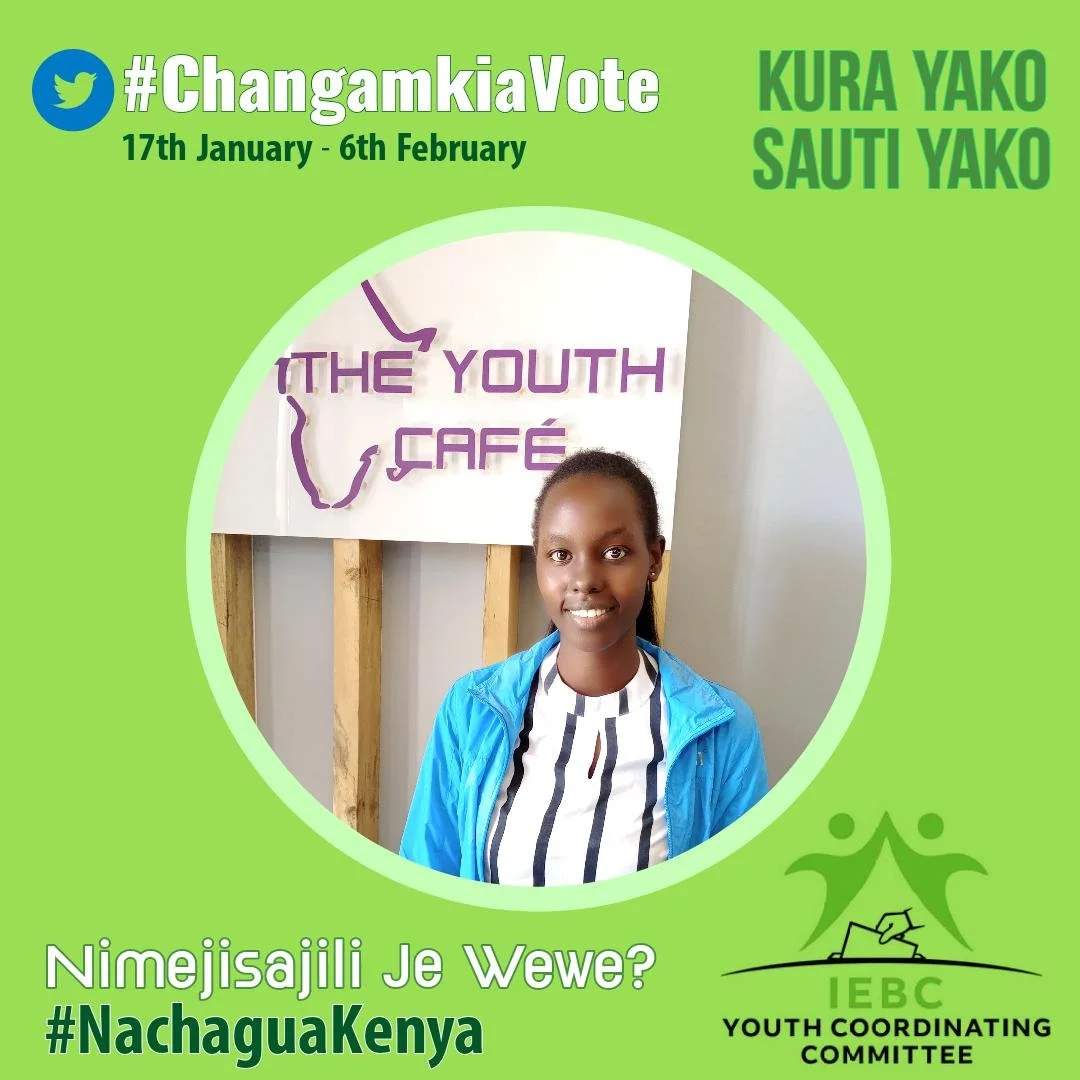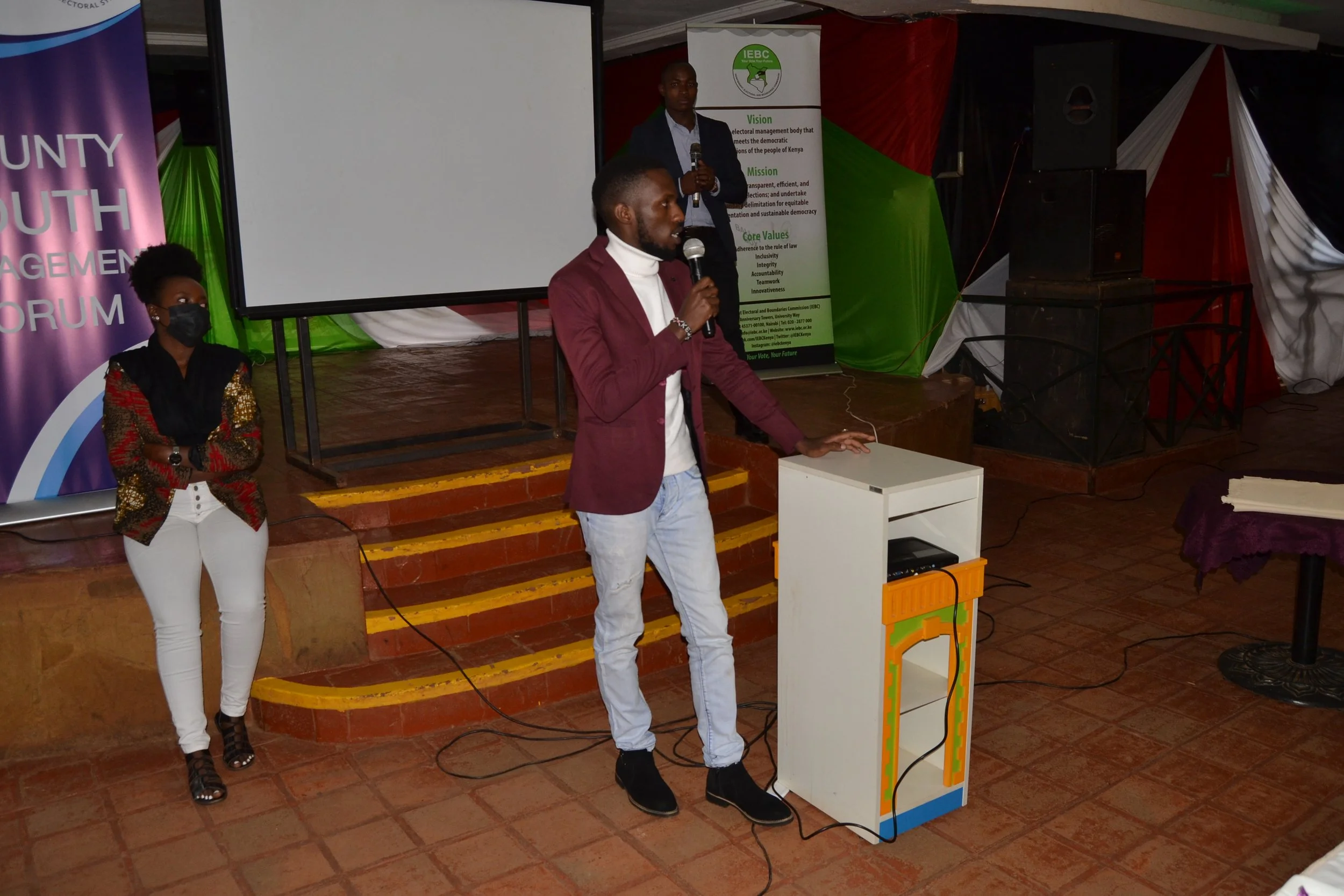The African government's economic crisis over the Covid-19 Pandemic equals (1 to 7)% of their GDP, contributed by African Governments deploying fewer funds and measures for high-quality recovery. At The Youth Café, we believe that there is a need for financial education. This will increase unlocking finance to build forward better from COVID-19 and accelerate delivery on Sustainable Development as intended: To identify effective measures to address the overarching challenge of mobilizing adequate and sustainable finance to invest in sustainable recovery from the COVID-19 crisis and accelerate the implementation of the 2030 Agenda and Agenda 2063. To identify and articulate the financing needs and provide high-level insights on opportunities to mobilize finance, focusing on the role of the Liquidity and Sustainability Facility designed and launched by ECA and partners.
How Does The Youth Café Promote Critical Citizenship Among Youth In Kenya?
The Youth Café trains the youth on civic education driven by result-oriented, evidence-based performance, which informs Our Theory of Change: A Pathway for Action, Sustainability, Results, Learning, and Adoption. These changes include institutional changes, service systems, community norms, partnerships, public will, policies, regulations, service practices, business practices, and issue visibility.
The High-Level Global Conference On Youth-Inclusive Peace process | The Youth Café.
The High-Level Global Conference on Youth-Inclusive Peace Process was held virtually on 20-21 January 2022, co-hosted by Qatar, Finland, and Colombia, and co-organized with civil society and UN partners. It began with a Youth Pre-Event on 19 January 2022, leading up to the Global Conference on 20-21 January 2022. The high-level conference aimed to secure national commitments to advance the country-level operationalization of the Youth Peace Security agenda and strengthen political will and commitment to including youth in peace processes. Interactive and action-oriented discussions convened across five themes building on the Youth Peace Security agenda between Heads of State and other High-Level Government representatives, young peacebuilders, and representatives of intergovernmental organizations, CSOs, academia, and donors.
How Can We Get More Young People To Register As Voters.
Acknowledging the dire need for increased youth participation in the electoral process, The Youth Café has been working on ways to get more young people to register as voters. Research by the Office of the United Nations High Commissioner for Human Rights (OHCHR), shows that the youth could be largely categorized in three distinct demographics, classified according to age; with the first demographic being young people aged between 18-24 years, then 25-29 years and 30-35 years. Each of these key demographics will require a different approach to get them to register as voters.
Is Kenya Prepared For The 2022 General Elections?
It is now time to deliberate on the state of electoral preparedness ahead of 2022's general election in Kenya. Many stakeholders such as The Youth Café, Election Observation Group (ELOG), The Kenya National Commission on Human rights (KNCHR) as well civil societies, faith-based organizations, members of the public and duty bearers involved in the election process, have a vested interest in the upcoming elections.
The Youth Café Featured On NGOSIFY And AllAfrica.com
The Youth Café was featured on Forbes Magazine last year and this year we have been featured on two more websites-NGOSIFY and AllAfrica.com. The Youth Café is featured on both these articles for the projects we work in under our eight priority areas featured in our Theory of Change, in this case, mainly ‘Governance and Political inclusion-Accountability & Remittances’ and ‘Business, job Creation and Entrepreneurship.’ , as well as the ways in which we empower the youths in Africa.
African Women in Politics: Miles to go before parity is achieved | The Youth Cafe
BY ZIPPORAH MUSAU
In the fight for gender equality, women around the world have advanced in small and large ways. Yet for women in Africa, progress is measured in micro steps, and the struggle has a long way to go. The good news is that women’s rep-resentation in political decision making has been on the rise globally. The not-so-good news is that the increase has been stubbornly slow, barely 1% in 2018 compared with the previous year. In 2018 the number of women ministers world-wide reached an all-time high at 20.7% (812 out of 3922).







